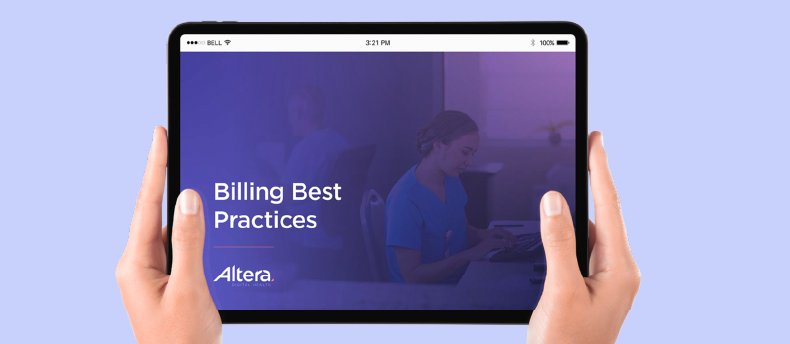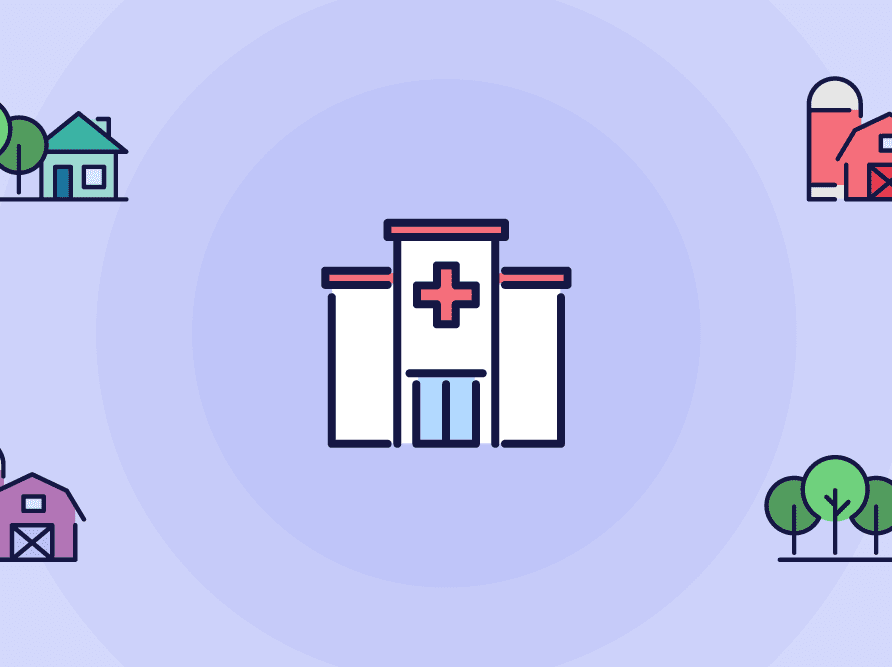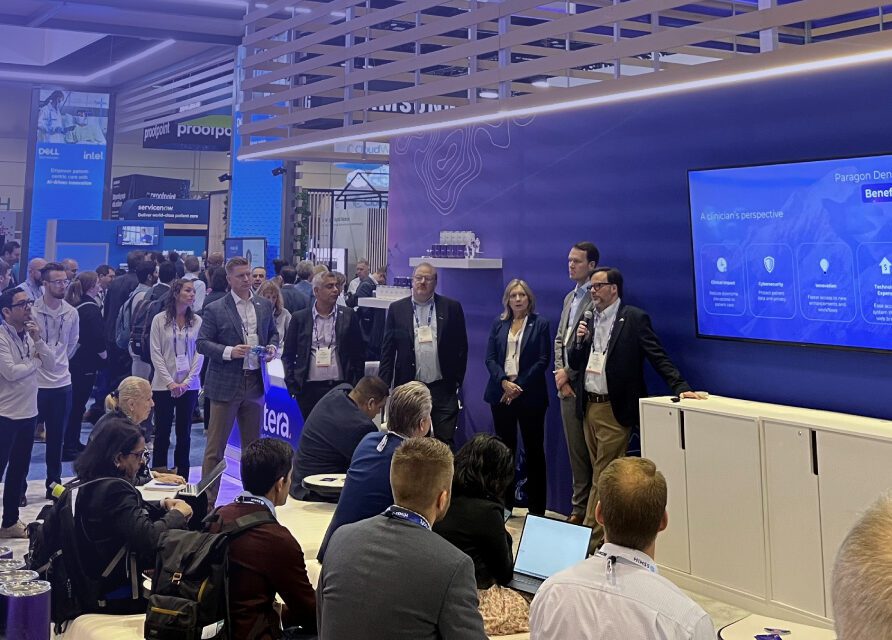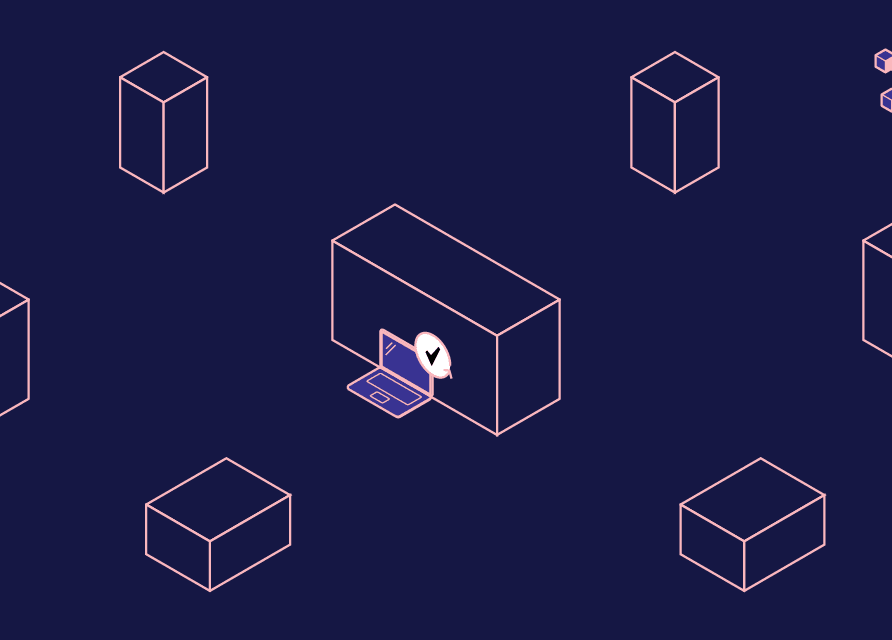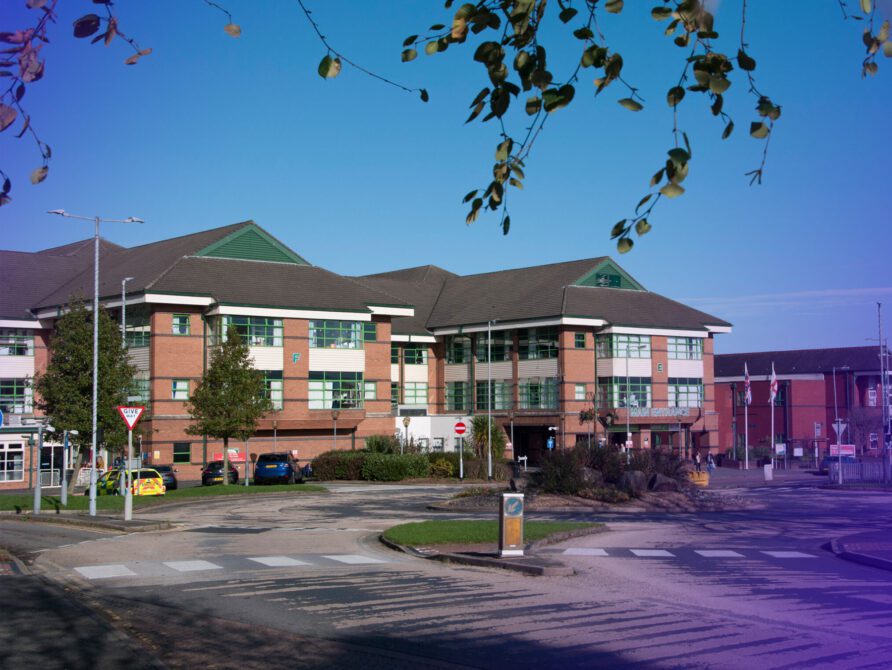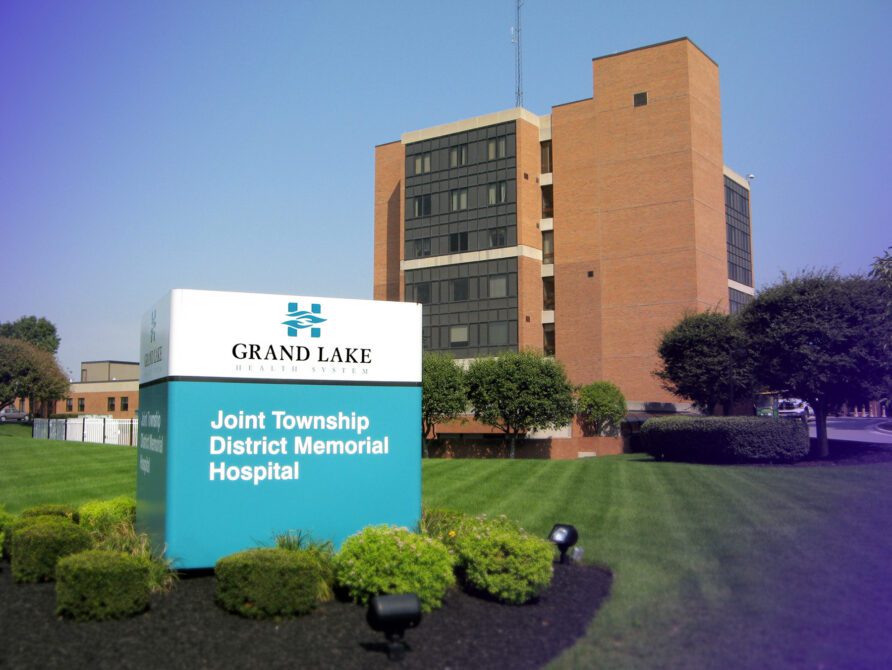FREE EBOOK
Reshape healthcare: Six billing practices to optimize your organization
Care transformation has never been more critical, amidst the global pandemic
Using technology to efficiently manage beds, housekeeping tasks, etc., can help hospitals alleviate overcrowding, and improve efficiency and accuracy of its bed assignments.
Altera Patient Flow within the Sunrise EMR platform provides SGH with an integrated suite of solutions for bed management that can help optimise capacity planning and discharge forecasting. This enables SGH to improve patient throughput and communication while increasing overall efficiency and resource utilisation.
Key improvements include:
- Patient movements are captured at source so that real-time bed availability is known
- Real-time bed status readily available throughout the hospital
- Integrated with RFID technology
-
- Bed status is updated quickly with minimal data entry by nurses
- Housekeeping staff are activated concurrently so there is higher bed turnover
- SMS message will be sent to next-of-kin in future to inform them of ward/bed change for transfer cases
- Activates printing of an interim bill upon patient discharge
"Altera Patient Flow has been deployed with great success at SGH. With the ability to visualise real time updates on bed status across the hospital, Altera Patient Flow's bed management solution significantly improved the efficiency of patients' bed assignments and contributed to a more streamlined inpatient admission/discharge workflow. Based on an estimated daily admission of 300 patients, Altera Patient Flow's automation features enable the processing time of a bed request to be reduced from an average of 65 minutes to 25 minutes. This frees up 200 man-hours per day that can be channelled to other patient-centric tasks.
With a seamless interface between Altera Patient Flow and Sunrise, Health Precaution Indicators (HPIs) are able to flow from patients' electronic medical records to Altera Patient Flow. HPIs identify patients who will need to be admitted in special wards or single rooms as a result of conditions such as infectious diseases or colonisation by multidrug resistant organisms. The transmission of these critical information directly from Sunrise to Altera Patient Flow immediately highlights the special requirements for specified patients and facilitates their admission to the right location with minimal delay. Altera Patient Flow's ability to interface with other systems such as a radiofrequency identification system that SGH deployed during the height of the COVID-19 pandemic, proved to be hugely beneficial in tracking the patient journey for contact tracing purposes." - Dr Gan Wee Hoe, Chief Medical Informatics Officer at SGH.
Related Insights

